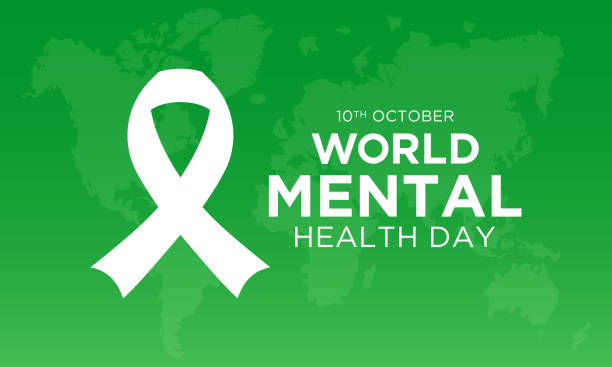Every year, on October 10th, the world comes together to observe Global Mental Health Day. This event is not just a day of awareness but a call to action, recognizing the critical importance of mental well-being in the global agenda. With its origins rooted in the movement to break the stigma around mental health, this day emphasizes that mental health is just as important as physical health.
The Origins of Global Mental Health Day
The inception of Global Mental Health Day can be traced back to 1992, initiated by the World Federation for Mental Health. The goal was simple yet profound: to raise awareness of mental health issues and to mobilize efforts in support of better mental health for all. Over the years, the day has evolved from its early advocacy efforts to a global event that calls on governments, organizations, and individuals to take meaningful actions that prioritize mental health.
Social and Economic Significance
The significance of Global Mental Health Day extends beyond awareness; it touches on profound social and economic issues. Mental health problems, if untreated, lead to vast economic costs due to loss of productivity, absenteeism, and increased healthcare expenses. Globally, depression and anxiety cost the world economy an estimated $1 trillion in lost productivity each year.
On the social side, mental health challenges affect individuals’ ability to maintain healthy relationships, contribute to their communities, and live fulfilling lives. By promoting mental health, we are working towards reducing these burdens and fostering more resilient, connected societies.
Impact on Relationships, Family, and Workplace
Mental health does not exist in a vacuum. It affects every facet of our lives, from the quality of our relationships with family and friends to our performance and interactions in the workplace. Families with strong mental health support tend to have stronger emotional bonds, more effective communication, and overall improved well-being. In the workplace, a mentally healthy environment boosts employee morale, reduces absenteeism, and increases productivity.
Organizations that prioritize mental health can expect to see a more engaged workforce, lower turnover rates, and higher job satisfaction. Many companies are now investing in mental health programs and support systems, such as Employee Assistance Programs (EAPs), counseling services, and initiatives to promote work-life balance.
Contributing to a Better World
Global Mental Health Day has played a critical role in shaping the narrative around mental health, helping to reduce the stigma associated with it. It has sparked conversations worldwide, leading to better funding, policies, and support systems in countries where mental health was once overlooked.
The theme for 2024—Mental Health is a Universal Human Right—calls attention to the fact that mental well-being is essential to a dignified life. Every individual, regardless of geography, socioeconomic status, or background, should have access to quality mental health services.
On a global scale, this day contributes to the growing recognition that mental health is integral to achieving the United Nations’ Sustainable Development Goals (SDGs), particularly those focused on health, well-being, and reducing inequalities.
A Global Commitment to Mental Health
Global Mental Health Day is not just a reminder of the struggles many face but a celebration of the strides we are making toward a healthier, more understanding world. By coming together—governments, organizations, families, and individuals—we can ensure that mental health is prioritized as a human right and is universally accessible. The future holds the promise of more inclusive societies where mental health is supported, celebrated, and treated with the same seriousness as physical health.


